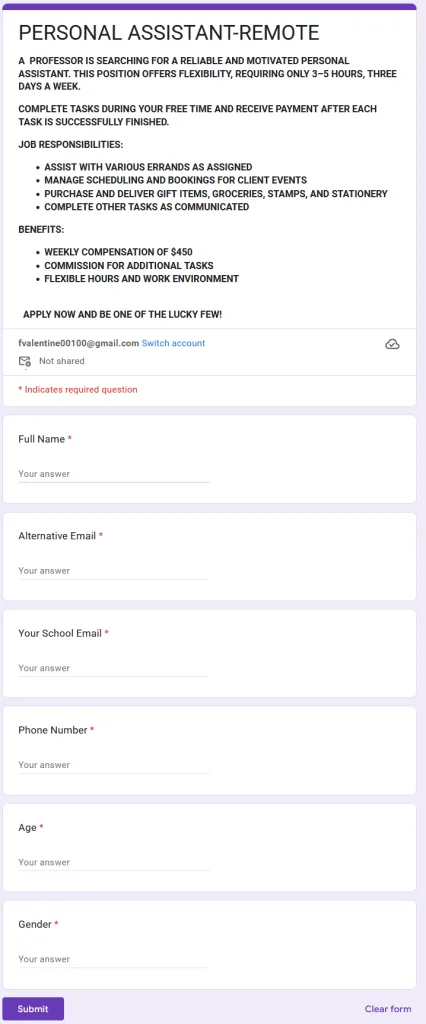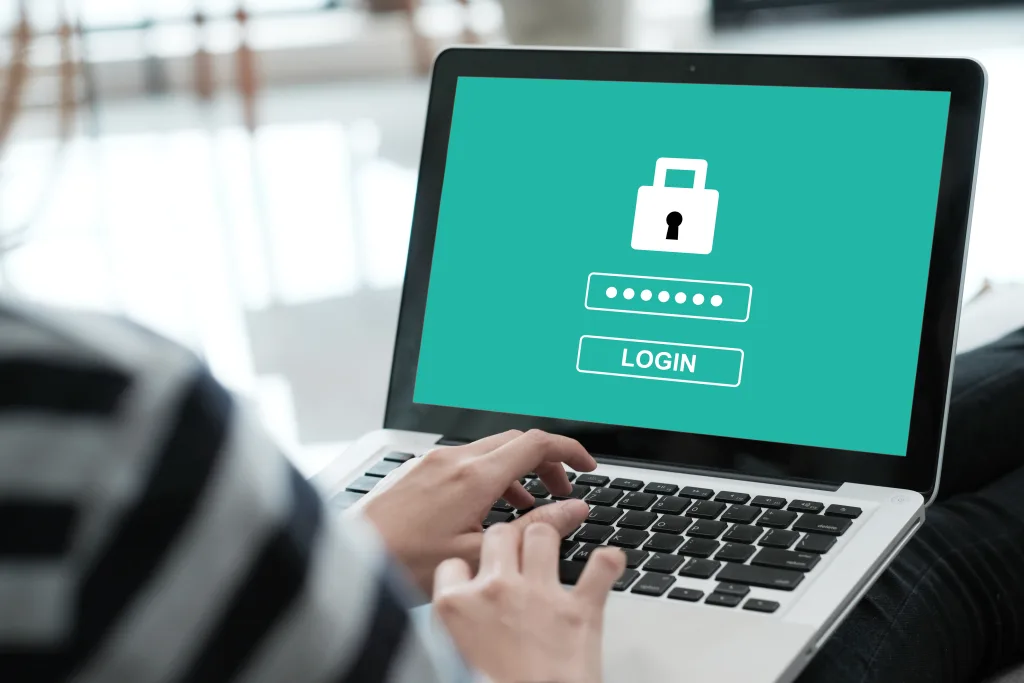Information Security Team
The mission of the Information Security team is to safeguard the confidentiality, integrity, and availability of information systems, identity, and data assets by providing proactive security expertise, creating and maintaining a resilient and secure infrastructure, and fostering a culture of security awareness and compliance throughout the college.
Services Offered
- Information Security Training and Consulting
- Security Assessments including Attack & Penetration Testing
- Incident Response
- Assistance Obtaining SSL Web Certificates
Important Scam Information
(Updated 7/28/2025)
Scammers are offering fake remote jobs that seem too good to be true — and they are. They often promise high pay for easy tasks like data entry or virtual assistant work. These scams usually involve hiring you quickly, asking for personal info or money up front, and sometimes sending fake checks that later bounce, leaving you with the bill.
What is a Remote Work Scam?
A remote work scam is when a fake employer offers you a job you can do from home — but their real goal is to steal your money or personal information.
How the Scam Usually Works:
- Too Good to Be True Offer:
- You see a high-paying remote job posted on social media, job boards, or even get a random email or message.
- The job sounds easy — like data entry, virtual assistant, or product tester.
- Fast Hiring Process:
- They hire you right away, no interview or verification needed.
- Communication is often through text, Telegram, or email — rarely a video call.
- They Send You a Check (that is fake):
- They may send you a check to buy “equipment” or ask you to deposit it and send part of it back.
- The check will bounce later, and you’re stuck owing the bank money — I can’t stress this part enough!
- Checks have to clear the bank. If you have $500 in your account, but I write you a check for $1,500, the bank will front you the funds, making it look like you have $2,000 in your account.
- The scammer will then ask that you immediately run an errand for them so they can “pay various bills” or any excuse, for $1,000 in cryptocurrency (usually or perhaps they ask you to buy two $500 gift cards for an event from a big company like Apple or Amazon (which they turn around and re-sell on the market). They “graciously” let you keep the extra $500 for yourself.
- The problem comes a few days later, after you think you just earned an easy $500, because their check bounces and they disappear and ghost you.
- They Ask for Personal Info:
- You’re asked to send your Social Security Number, bank info, or copies of your ID.
- This leads to identity theft.
- They May Ask for Payment Upfront:
- You might be told to pay for training, software, or equipment — but you never get anything in return.
Red flags to watch for:
- No interview or rushed hiring
- Asked to pay for equipment or training
- Communication only by email, chat, or messaging apps
- Requests for personal details like your SSN or bank info
- Job emails from personal addresses (e.g., Gmail instead of a company domain)
How to Protect Yourself:
- Research the company — legit companies have a website, reviews, and employees on LinkedIn.
- Don’t pay to get a job — a real job pays you.
- Be cautious with personal info — never send sensitive data without confirming legitimacy.
- Check the email domain — real companies use official domains (e.g., @google.com, not @gmail.com).
- If a check is involved, wait until it fully clears (can take weeks) — even if your bank “shows” the money.
Stay safe:Always research the company, verify job offers, and never pay to get hired. If it sounds too good to be true, it probably is.
Example Scam
Below is an example of the form inside the phishing email:

Contact Information Security Team
If you see something suspicious, say something. Call the Help Desk at 217-234-5261 or email Information Security at helpdesk@lakelandcollege.edu




